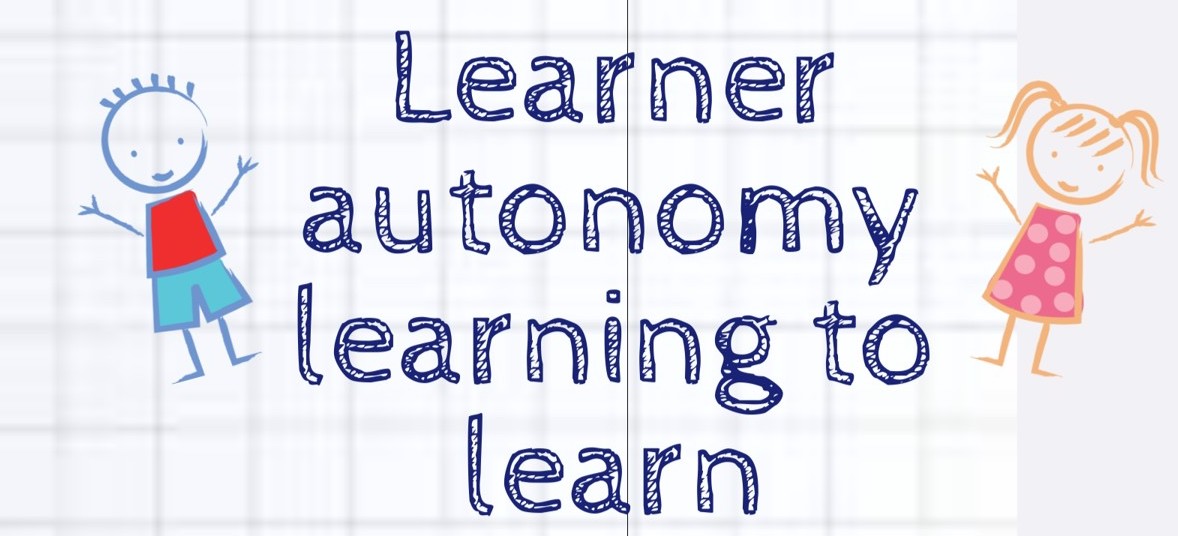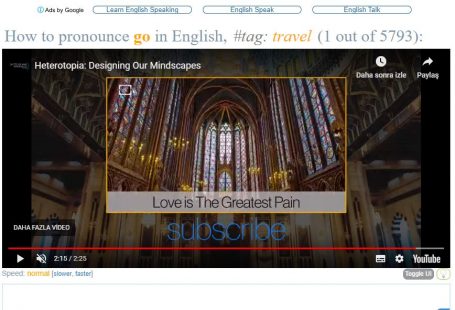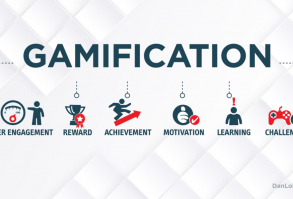Benson (2001: 47) offers the following broad definition: “the capacity to take charge of, or responsibility for, one’s own learning”. While the idea of learner autonomy in education has a long history, it is generally recognised that interest emerged in our field in the 1970s with work by researchers at the Centre de Recherches et d’Applications Pédagogiques en Langues (CRAPEL), University of Nancy, France. Here the focus was on equipping language learners with the means to take control of their learning and to work on improved ways so that their learning could become more self-directed and active.
Holec’s (1981) important definition indicated that autonomy could be achieved by learners exercising control over all aspects of their learning, including the selection of learning objectives, control over learning methods and the monitoring and evaluation of what had been learned. Later work by scholars such as David Little (1991) added an important psychological dimension to such definitions, putting greater emphasis on the cognitive processes required for the self-management of the learning process. Learner autonomy, in Little’s (1991: 4) terms, is:
“…a capacity – for detachment, critical reflection, decision-making and independent action. It presupposes, but also entails, that the learner will develop a particular psychological relation to the process and content of his learning.”
Viewed in this way, effective language learners are seen as active in the learning process. More specifically, they are able to formulate relevant learning objectives, make effective use of learner strategies, and engage in the self-monitoring of their progress.
Why is learner autonomy important?
Little (no date) highlights two main arguments for the promotion of learner autonomy in our field:
- If we assume that learners are actively engaged with various aspects of their learning process, then their actual learning is likely to be enhanced.
- If we assume the above, then there will be a positive impact on motivation, with learners able to manage motivational strategies that will also lead to more effective learning.
In short, such arguments identify learner autonomy and its promotion in language classrooms as making an important contribution to both the process and outcomes of learning.
Promoting Learner Autonomy
In terms of promoting greater learner autonomy, a wide range of strategies and classroom tasks have been recommended. While early contributions to the field tended to focus on situations where learners acted with maximal independence – a perspective which led to the promotion of self-access centres as a way to attend to learners’ individual needs – more recent views have come to acknowledge the essentially interdependent relationship of teachers and learners.
Resources books available for language teachers, such as Schlarle and Szabó (2000), present a range of classroom activities arranged around the broad aims of developing intrinsic motivation, developing learning strategies, and the encouragement of learner self-monitoring. All of the activities (e.g. quizzes, interview and discussion activities) are based on the premise that the teacher can and should promote greater learner initiative and involvement.
Little et al. (2017) offer a range of reflective writing tasks, including logbooks, posters, portfolios of learner work, and class magazines which are all intended to support and encourage learners’ particular interests and their developing identities as L2 learners.
One significant educational artefact that has an explicitly pro-autonomy agenda is the European Language Portfolio (ELP). Based on the Common European Framework of Reference (Cambridge, 2001), a wide range of ELPs have been produced which are intended for use in a range of language classrooms across Europe.
Learner self-assessment is a central feature of all validated ELPs. This CEFR self-assessment grid features in ELPs.
The grid you will see is arranged on a continuum from A1-C2, with A1 offering illustrative descriptors of a Basic User and C2 illustrative descriptors of a Proficient User.
A Range of Council of Europe Accredited ELPS
Fostering autonomy results in changes in students’ attitudes however, it doesn’t necessarily mean that students will take care of their learning process since they may not know the concept of how learning works. Therefore, awareness of the skills should be fostered by teachers and learning strategies can be taught. Dickinson (1993:330) identifies six ways to promote learner independence as follows:
1. Legitimizing independence in learning by showing that we, as teachers,
approve, and by encouraging the students to be more independent.
2. Convincing learners that they are capable of greater independence in learning give them successful experiences of independent learning.
3. Giving learners opportunities to exercise their independence.
4. Helping learners to develop learning strategies so that they can exercise their independence.
5. Helping learners to become more aware of language as a system so that they can understand many of the learning techniques available and learn sufficient grammar to understand simple reference books.
6. Sharing with learning something of what we know about language learning so that they have a greater awareness of what to expect from the language learning task and how they should react to problems that erect barriers to learning.
Consider a classroom learning situation you have experienced.
To what extent were you encouraged to take control of your learning?
In what ways would you describe responsible and active learners in this context?
References
Benson, P. (2001) Teaching and Researching Autonomy in Language Learning. Harlow: Longman.
Holec, H. (1981) Autonomy and Foreign Language Learning. Oxford: Pergamon.
Little, D. (1991) Learner Autonomy 1: Definitions, Issues and Problems. Dublin: Authentik.
Little, D. (No date) Learner autonomy and second/foreign language learning. (Date of access 20 February, 2018).
Little, D. Dam, L. and Legenhausen, L. (2017) Language Learner Autonomy: theory, practice and research. Bristol: Multilingual Matters
Schlarle, A. and Szabó, A. (2000) Learner Autonomy: a guide to developing learner responsibility. Cambridge: Cambridge University Press
Please do not hesitate to contact me if you require further information.





